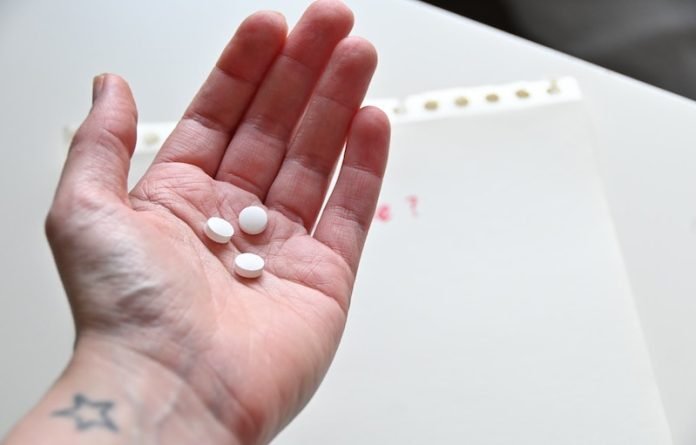
There is currently no drug for treating non-alcoholic fatty liver disease, which affects many people with type 2 diabetes and which can result in other serious liver diseases.
In a study from Karolinska Institutet, scientists found a drug candidate for the treatment of fatty liver.
The team showed that an antibody that blocks the protein VEGF-B presents a possible therapeutic option for fatty liver disease.
For decades, obesity and being overweight have been a common global disease that, amongst other problems, has caused a sharp rise in the incidence of type 2 diabetes.
Chronic overweight and type 2 diabetes increase the risk of non-alcoholic fatty liver disease (NAFLD), which is the most common cause of chronic liver diseases, such as liver failure and liver cancer, in Europe and the U.S.
In people with type 2 diabetes, the incidence of NAFLD is 25 to 29 percent. There are at present no approved drugs for treating NAFLD.
In the study, the team examined a new method for limiting the development of the fatty liver.
For the study, the researchers had access to a drug candidate in the form of an antibody to the protein VEGF-B (Vascular Endothelial Growth Factor B), which controls the release of fatty acids from white adipose tissue.
They found a new method of treating fatty liver disease that involves keeping the fatty acids in the adipose tissue so that they don’t leak out and accumulate in the liver.
Their results showed that the pharmacological blocking of the VEGB-B signal pathway in mice prevents the accumulation of fat in the liver and reduces the risk of NAFLD.
The study was conducted on normal and genetically modified mice that received different diets and were treated with the drug candidate.
The researchers also studied body fat from 48 patients due to have bariatric surgery. One-half of the group had NAFLD, one half did not.
Their results reveal a clear link between the level of VEGB-B signaling in white adipose tissue and the presence of NAFLD.
The team says the fatty liver is associated with several serious and sometimes fatal diseases.
With the method developed in this study, it might be possible to prevent fatty liver and hopefully lower the risk of liver failure and terminal liver cancer.
If you care about liver health, please read studies about dairy foods linked to liver cancer, and coffee drinkers may halve their risk of liver cancer.
For more information about liver health, please see recent studies about a new therapy for fatty liver disease, and results showing the Mediterranean diet could cut fatty liver disease by half.
The study was conducted by Annelie Falkevall et al and published in the Journal of Hepatology.
Copyright © 2023 Knowridge Science Report. All rights reserved.



